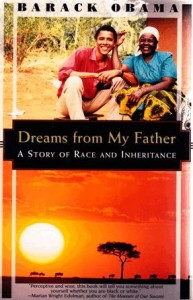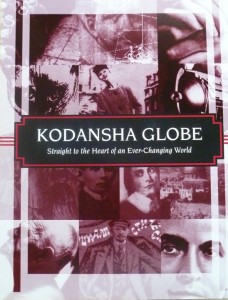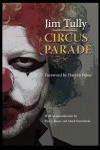Bonding with Shotgun Jimmie & John K. Samson at the Bowery Ballroom
 I love one-man bands, those musical artists who can stomp, holler, and play licks while animating a whole set entirely on their own. Soloists like this captivate an audience with talent, musicianship, and personality. Last Thursday night’s show at the Bowery Ballroom offered ample pleasures like these, with the fresh and funny Shotgun Jimmie opening for master singer-songwriter John K. Samson in a show for the ages. Jimmie was charming, talented, playing kick drum with his foot, ripping on his Fender electric, and singing his quirky songs of striving and nerdy romanticism, maintaining despite all disappointments a cockeyed optimism. Even the title of Jimmie’s latest album suggests wit and wordplay: “Transistor Sister.” Here are some lines from the opening track “Late Last Year.”
I love one-man bands, those musical artists who can stomp, holler, and play licks while animating a whole set entirely on their own. Soloists like this captivate an audience with talent, musicianship, and personality. Last Thursday night’s show at the Bowery Ballroom offered ample pleasures like these, with the fresh and funny Shotgun Jimmie opening for master singer-songwriter John K. Samson in a show for the ages. Jimmie was charming, talented, playing kick drum with his foot, ripping on his Fender electric, and singing his quirky songs of striving and nerdy romanticism, maintaining despite all disappointments a cockeyed optimism. Even the title of Jimmie’s latest album suggests wit and wordplay: “Transistor Sister.” Here are some lines from the opening track “Late Last Year.”
Oh my darlin’ the legs under this table/are independently bumpin’ in to mine/They’re on a mission dispatched to disable/My defenses and they’re working just, fine
Like the Canadian rockers Library Voices, John K. Samson’s lyrics exude a literary quality, filled as they are with learned allusions to explorers, the classical world, and existential reality. He’s co-founder of a publishing collective in Winnipeg called Arbeiter Ring Publishing, a sort of Workmen’s Circle for books, which recently brought his Lyrics & Poems 1997-2012. As a book professional myself, I am intrigued with this rocker who also has a big footprint in the book and publishing camp. I see that Vancouver writer Steven Galloway, whose novel Ascension I published in 2002, has articulated what’s special about Samson’s work: “John K. Samson is one of Canada’s finest living writers. He creates a world with a phrase, devastates with a word and restores hope with an image. Many novels do not contain as much humanity and emotional resonance as one of Samson’s lines. As a writer I am torn between admiration and jealousy; as a reader I am enthralled.” // more w/photos . . .







